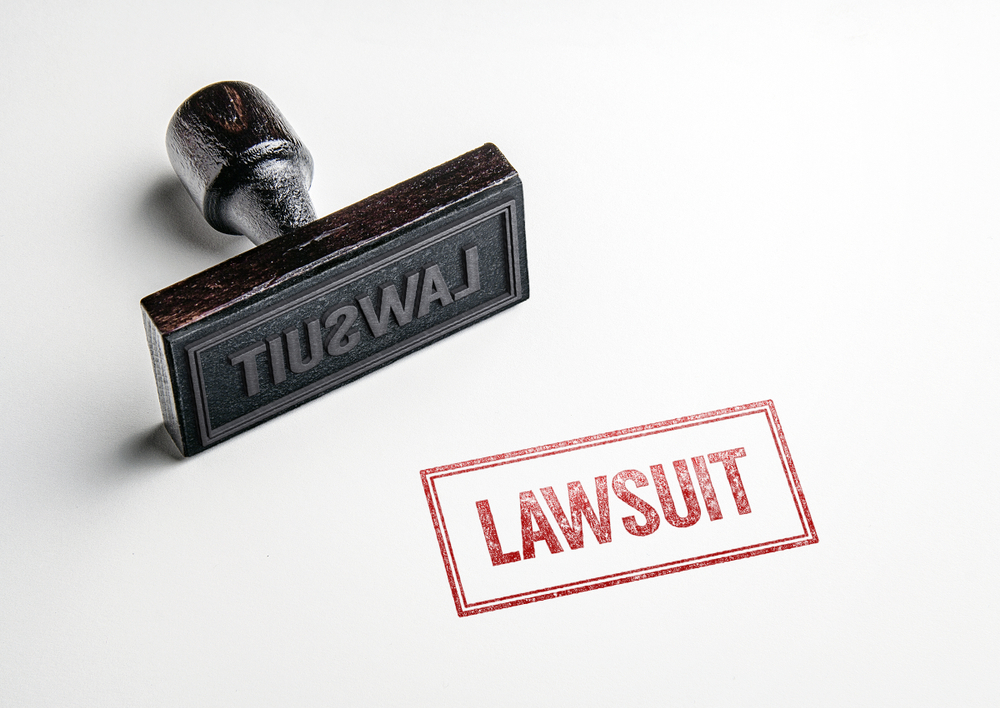During a recent conversation with a real estate agent, I was asked about a “lis pendens,” and details about its legal implications. I explained that, in short, it is essentially a type of “lien” on the property telling the world that a lawsuit is pending concerning the ownership or title to a parcel of land.
If a lis pendens has been granted “ex-parte,” you can move to dissolve it and your case can be heard within three days of providing notice to the Plaintiff.
After our conversation, I wasn’t very happy with that explanation, particularly the “lien” analogy, and desired to provide a more detailed explanation and overview of what exactly a lis pendens is, how one is obtained, and how one can be removed.
What is a Lis Pendens, and When Would it Come up?
Lis Pendens, Latin for “suit pending” or “pending suit,” is a public legal notice filed concerning the title to, or ownership of, a certain piece of real estate.
One of the more common scenarios when a lis pendens is obtained: when a lender begins a foreclosure action. Beyond foreclosure, other scenarios include disputes as to ownership of the property, claims of adverse possession, and right of way, access, or other easement/encumbrance claims. It effectively puts an “all stop” on any transaction to sell, or financing of, the property, much like an injunction or prejudgment attachment (rather than a lien).
What is the Process to Obtain a Lis Pendens?
In Massachusetts, lis pendens are governed by General Laws Chapter 184, Section 15. Pursuant to G.L. c. 184, §15(b), a lis pendens is effectuated by the filing of a verified complaint “nam[ing] as defendants all owners of record and any party in occupation under a written lease.” Then, upon Motion, “if the subject matter of the action constitutes a claim of a right to title to real property or the use and occupation thereof or the buildings thereon,” a judge will make such a finding and endorse a Memorandum of Lis Pendens. Such a finding typically requires a hearing, particularly in Superior Court, with notice to the Defendants. It is, however, possible for a memorandum of lis pendens to be endorsed and provided ex-parte, meaning without notice to the other side, if a judge finds that either “(1) the defendant is not then subject to the jurisdiction of the court in that action, or (2) there is a clear danger that the defendant, if notified in advance of the endorsement of the memorandum, will convey, encumber, damage or destroy the property or the improvements thereon.” Once the endorsed memorandum of lis pendens is received, it must be recorded in the Registry of Deeds for the county or district in which the property lies. This applies to both recorded and registered land in the Commonwealth.
How Can a Lis Pendens Be Attacked and Removed?
If you’re dealing with lis pendens you can file a motion to dissolve (remove) it.
If a lis pendens has been granted “ex-parte,” you can move to dissolve it and your case can be heard within three days of providing notice to the Plaintiff. Further, a party who believes that a lis pendens has been frivolously obtained may, pursuant to G.L. c. 184 § 15(c), file a special motion to dismiss to dissolve the memorandum of lis pendens.
Pursuant to the statute:
The special motion to dismiss, unless heard at the time the claimant first applied for a judicial endorsement under subsection (b), shall be heard at the same time as the hearing on the motion to dissolve the memorandum of lis pendens. If the court determines that the action does not affect the title to the real property or the use and occupation thereof or the buildings thereon, it shall dissolve the memorandum of lis pendens. The special motion to dismiss shall be granted if the court finds that the action or claim is frivolous because (1) it is devoid of any reasonable factual support; or (2) it is devoid of any arguable basis in law; or (3) the action or claim is subject to dismissal based on a valid legal defense such as the statute of frauds.
Right to Appeal
If a party is harmed by a ruling under subsection c above, either by an ex-parte ruling or allowance/denial of a special motion to dismiss, Massachusetts law (G.L. c. 184 § 15 (d)). provides for a statutory right to appeal to a single justice of the appeals court pursuant to G.L. c. 231 § 118, within thirty (30) days.
If you are considering whether a lis pendens is appropriate for your current situation, or if a lis pendens has been placed on your property, contact a qualified attorney at PK Boston Law to discuss your options to best protect your rights at (508) 807-1131 or email us at info@pkboston.com
The above information is designed to provide a helpful overview of a relevant topic. It does not constitute legal advice nor should it be construed as such. Please do not take action based on the above information without seeking formal legal advice.


